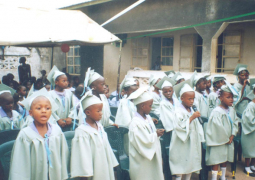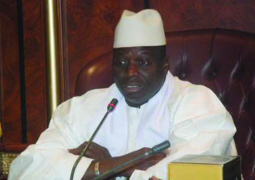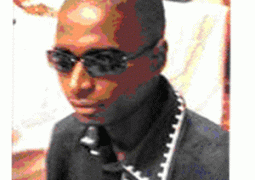A leading human rights activist and Executive Director of the East and Horn of Africa Human Rights Defender Project has said that certain groups of human rights defenders, such as defenders working in conflict zones, journalists, women human rights defenders, among others, continue to face particular threats as a result of the specific context and circumstances in which they operate.
Hassan Shire, a Sudanese, was speaking at the ongoing Forum on the Participation of NGOs in the 49th Ordinary Session of the African Commission on Human and Peoples' Rights and the 23rd African Human Rights Book Fair currently underway at the Kairaba Beach Hotel.
Giving an overview of the human rights situation in the East and Horn of Africa, a report that addresses the human rights situation in ten countries including Burundi, Djibouti, Eritrea, Ethiopia, Kenya, Rwanda, Somalia, Sudan, Tanzania, and Uganda, Hassan stated that over the past six months, the human rights situation in the sub region has continued to be closely linked to the holding of elections with journalists particularly affected.
“Restrictions on civil and political rights identified in this period have ranged from the development and implementation of restrictive legislation to direct attacks on human rights defenders, which have included physical and verbal threats, legal and judicial harassment, increase surveillance, and acts of physical violence, including targeted killings,” he added.
According to him, elections in Uganda and Djibouti, and the referendum on South Sudan’s independence, have all been marred by harassment of journalists, observers or the political opposition, noting that in Uganda journalists were subjected to physical attack, intimidation, police interrogation, criminal charges and legal challenges.
He revealed that his organization fact-finding mission to South Sudan in December 2010 received reports of arrests, embarrassment and intimidation of human rights defenders, especially journalists, by state and non state actors in the course of their work.
While self censorship by journalists was already common practice, he added, the mission observed that public opinion in Sudan so strongly favored secession that journalists were unwilling to express any neutral or contrary views in that period.
Hassan further told the forum that another worrying trend in the region has been the use of legal and judicial harassment to silence critics, revealing that his project reported in November on the harassment and intimidation of human rights defenders, journalists and opposition members around the presidential elections in Rwanda in August 2010.




